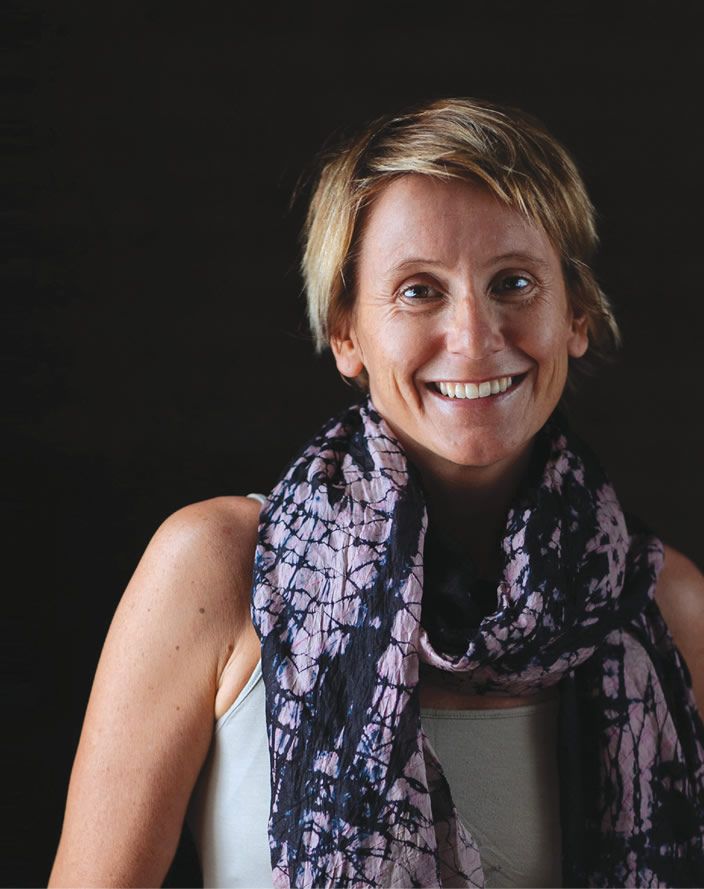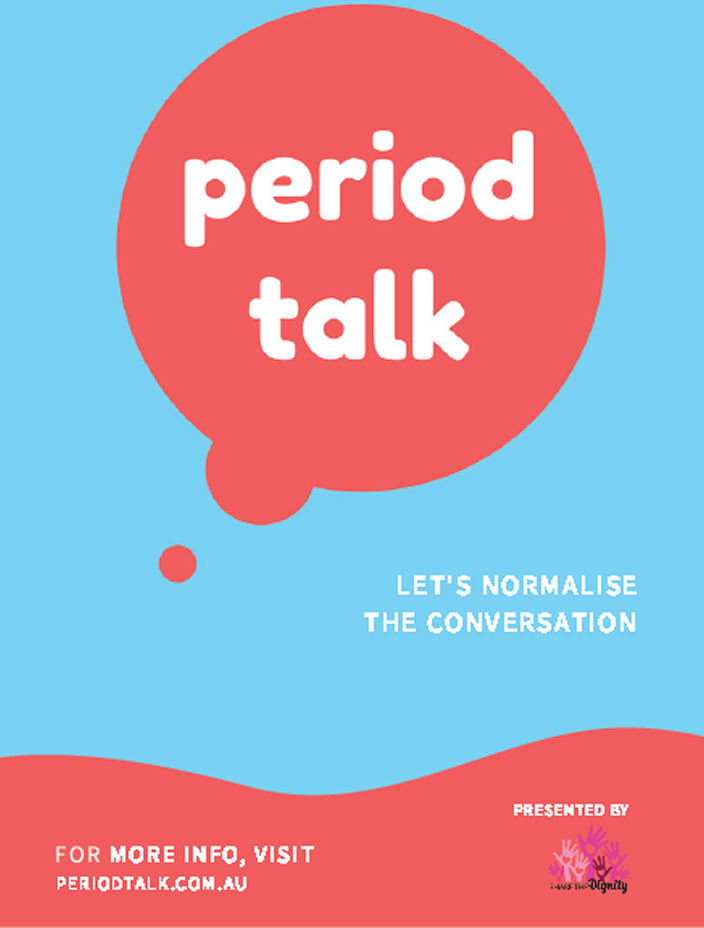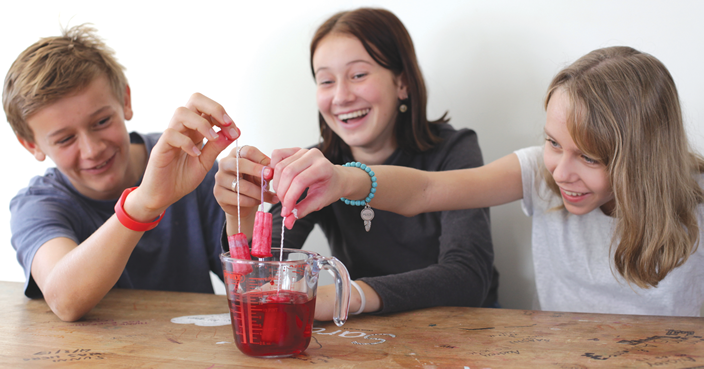
While federal and state governments are, albeit slowly, starting to recognise the need for greater access to sanitary products, the period conversation is far from over. In some cases, it has hardly begun, writes Journalist Sara El Sayed.
It took campaigners 18 years to break down the tax barrier on sanitary products – forcing the Federal Government to recognise that pads and tampons are not luxury items.
Only in late 2018 did some state governments even begin to consider offering free sanitary products in schools.
But still, in many households and schools, discussions of periods are tabooed – with young women finding themselves learning as they go and dismissing pain. In some cases, extreme discomfort results in girls skipping school.
With student absences due to period pain and mismanagement showing no signs of slowing down, there is a real need to address the problem.
No gain, just pain
Some studies have found that up to 90% of young women experience period pain, with only 34% of women consulting a health care provider about their pain.
In Australia, one in 10 women suffer from debilitating pain caused by a medical condition called endometriosis. Endometriosis Australia suggests that women with endometriosis suffer with pain for four years before making any form of report to a healthcare professional. It can then take three to nine years before they are officially diagnosed.
Women see living with pain as normal, and delays in reporting and diagnosing legitimate conditions reinforce this notion.
Equipping young people with menstrual health knowledge, confidence to ask questions, and sources to get the right answers, is the key to breaking taboos and improving health.









































































































































